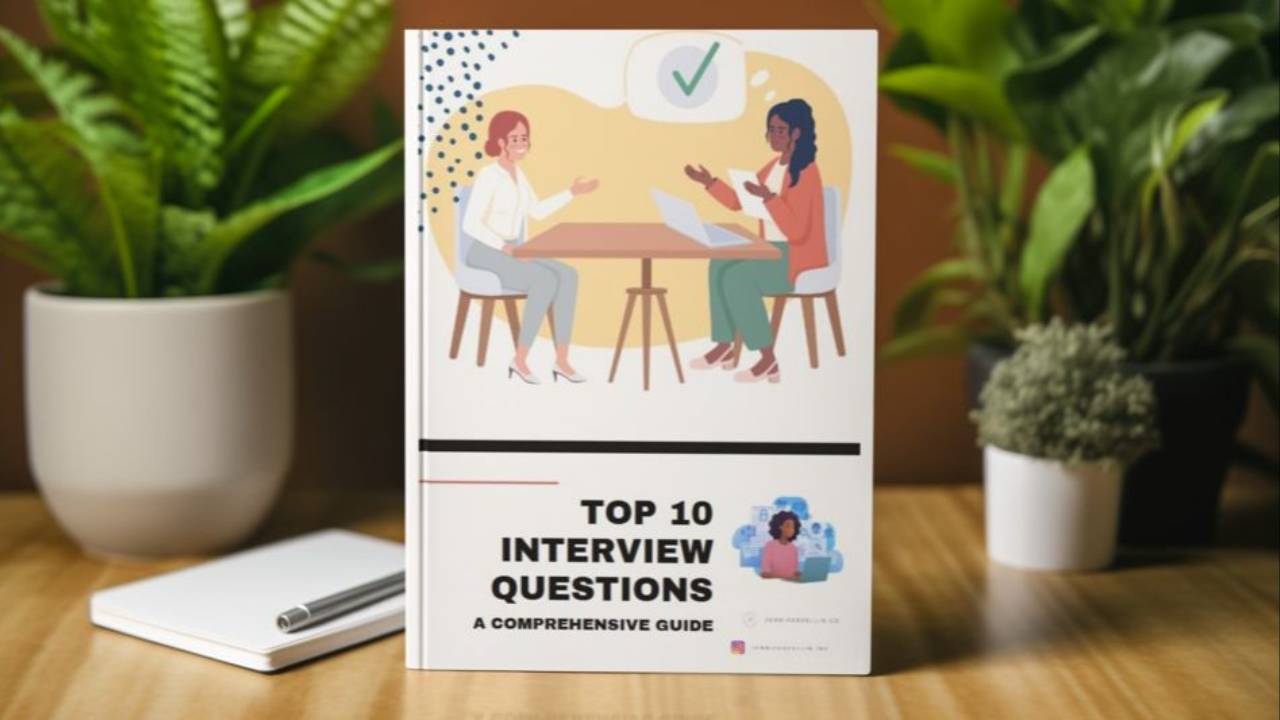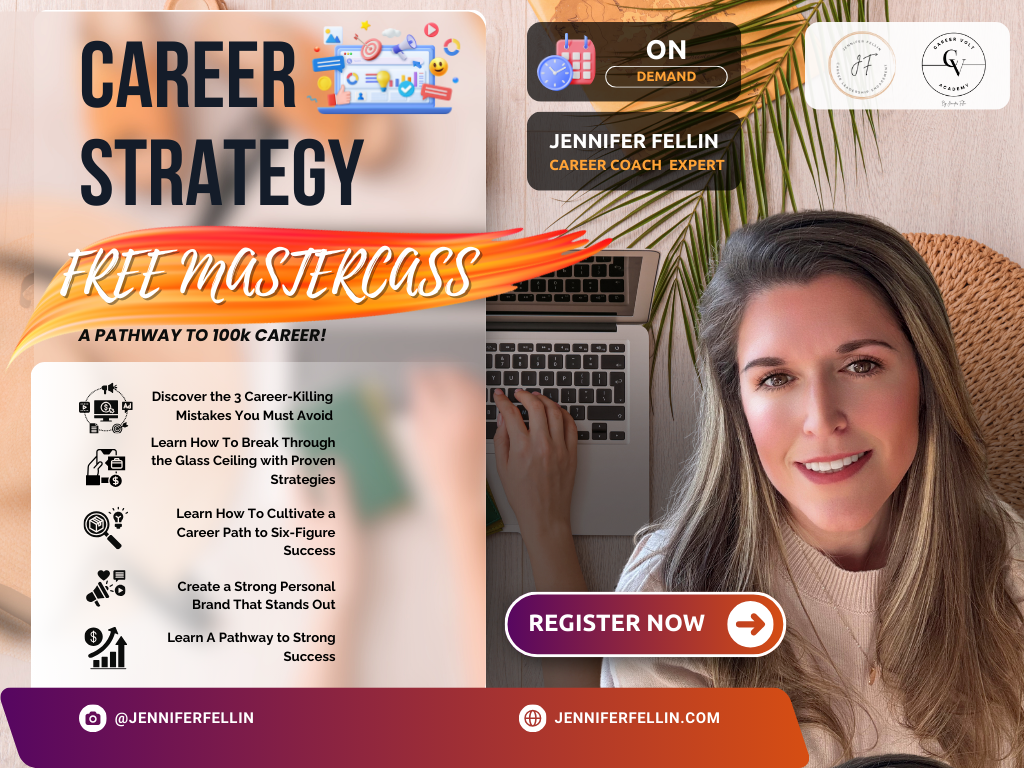How to Be More Confident: A Comprehensive Guide
Apr 13, 2025
Confidence is often viewed as one of the most attractive and empowering qualities a person can possess. Whether you're navigating the professional world, engaging in social situations, or trying to overcome personal challenges, confidence plays a central role in how you approach life and how others perceive you. The good news is that confidence is not something you're simply born with; it's a skill that can be developed and nurtured over time. In this comprehensive guide, we’ll explore practical strategies to help you build confidence and become a more self-assured version of yourself.
Understanding Confidence
Before diving into the practical steps to boost your confidence, it’s essential to understand what confidence truly means. Confidence is not arrogance or boastfulness, nor is it about being perfect. Confidence is about believing in your abilities and feeling secure in your own skin. It’s knowing your worth and trusting that you are capable of handling whatever comes your way. In fact, confident people are often those who accept themselves, flaws and all, while also striving to grow and improve.
Confidence doesn’t have to look the same for everyone. Some people naturally express their confidence in a loud, assertive way, while others may do so more quietly or reservedly. It’s important to remember that confidence is personal, and there’s no one-size-fits-all definition. What matters most is that you feel comfortable and strong in who you are, regardless of how you express it.
The Role of Self-Talk in Confidence
One of the biggest barriers to confidence is negative self-talk. Many of us are our own harshest critics, constantly telling ourselves that we’re not good enough, capable enough, or worthy of success. These negative thoughts can create a downward spiral of self-doubt and insecurity, making it harder to take risks, pursue goals, or even step out of our comfort zones.
Changing your internal dialogue is a critical step in building confidence. Instead of focusing on what you lack or what could go wrong, shift your mindset to recognize your strengths, achievements, and potential. The first step is awareness—begin to notice when negative thoughts creep in and actively challenge them. For example, if you think, "I’ll never be good enough for that promotion," replace it with, "I have the skills and experience to succeed in this role." This doesn’t mean you should ignore areas for improvement, but it’s about reframing how you view yourself.
Practicing positive affirmations can also be a helpful tool for building confidence. Repeating affirmations like “I am capable,” “I trust myself,” or “I am worthy of success” can help rewire your brain to think more positively about yourself. It might feel awkward at first, but over time, positive self-talk can become second nature and help you internalize confidence.
Body Language: The Confidence-Boosting Secret
Did you know that the way you carry yourself can have a significant impact on your confidence? Research shows that our body language not only reflects how we feel about ourselves but can also influence how we feel. In other words, by adopting confident body language, you can trick your brain into feeling more confident.
Start by practicing power poses—stand tall with your shoulders back, chest open, and head held high. This posture immediately signals confidence and makes you appear more self-assured to others. A simple shift in how you stand or walk can alter how you feel internally. Instead of slouching or hunching over, practice standing up straight and taking up more space. A confident posture helps you project an air of self-assurance, making you appear more capable and comfortable in your own skin.
Eye contact is another powerful tool in your body language arsenal. When you make eye contact with others, it conveys confidence and trustworthiness. Avoiding eye contact can make you seem unsure or uncomfortable, even if that’s not how you feel. If making direct eye contact feels intimidating at first, start with short, casual glances, then gradually work your way up to longer exchanges. Over time, you’ll become more comfortable with eye contact, and it will become an integral part of your confident presence.
Smiling is another simple but effective way to boost your confidence. Smiling not only makes you appear more approachable and friendly, but it also triggers the release of endorphins in your brain, which can help improve your mood and increase feelings of happiness. A genuine smile can go a long way in boosting your confidence and making you feel more positive and self-assured.
Setting Achievable Goals
One of the most empowering ways to build confidence is through goal setting. When you set clear, achievable goals, you provide yourself with a roadmap for success. Each small achievement along the way can give you a sense of accomplishment and reinforce your belief in your abilities. Over time, achieving goals—whether big or small—helps you build momentum and self-assurance.
It’s important to start with small, manageable goals and work your way up. If you set goals that are too big or unrealistic, it can lead to feelings of frustration and self-doubt. Instead, break down larger goals into smaller, actionable steps that are easier to tackle. For example, if your goal is to run a marathon, start by committing to shorter runs and gradually increasing your distance over time. Each time you meet a milestone, you’ll feel a sense of pride and confidence in your abilities.
Additionally, celebrate your successes, no matter how small. Too often, we downplay our achievements and focus solely on areas where we fall short. Taking the time to acknowledge your hard work and progress will help you build confidence and reinforce the idea that you are capable of accomplishing your goals.
Embracing Failure as a Learning Opportunity
It’s easy to associate failure with a lack of ability or a sign of weakness. However, the most confident individuals are often those who are not afraid to fail. In fact, they understand that failure is an inevitable part of growth and development. When you embrace failure as a learning opportunity, it becomes easier to take risks, try new things, and push past your comfort zone.
Rather than viewing failure as something to be feared, shift your perspective and see it as a stepping stone toward success. Each time you fail, ask yourself what you can learn from the experience and how you can improve moving forward. This mindset shift allows you to approach challenges with confidence and resilience, knowing that even if you don’t succeed right away, you are gaining valuable insights that will help you succeed in the future.
For example, if you give a presentation at work and it doesn’t go as planned, instead of beating yourself up, reflect on what you could have done differently. Perhaps you didn’t manage your time well or failed to engage the audience. By acknowledging these areas for improvement and making adjustments, you’ll be better prepared for the next opportunity.
Surround Yourself with Positive Influences
The people you surround yourself with can have a significant impact on your confidence. If you’re constantly around individuals who criticize you, belittle your achievements, or make you feel inadequate, it can be difficult to feel confident. On the other hand, being around supportive, positive, and encouraging people can help lift you up and reinforce your belief in yourself.
Take a look at the relationships in your life—are they empowering or draining? Consider investing more time and energy in relationships that make you feel good about yourself. Whether it’s friends, family, colleagues, or mentors, surround yourself with people who inspire and motivate you. These individuals will not only encourage your personal growth but will also remind you of your worth and potential.
If you find that certain relationships are holding you back, it may be time to reevaluate them. This doesn’t mean cutting people out of your life entirely, but rather setting boundaries and prioritizing your own well-being. Remember, you deserve to be around people who uplift you and help you become the best version of yourself.
Practicing Self-Care and Self-Compassion
Another critical aspect of building confidence is taking care of yourself. When you prioritize your physical, mental, and emotional well-being, you send a message to yourself that you are worthy of love and respect. Self-care doesn’t have to be complicated—it can be as simple as getting enough sleep, eating nourishing foods, exercising, and taking time for activities that bring you joy.
Self-compassion also plays a vital role in confidence. It’s easy to be hard on yourself when things don’t go as planned, but practicing self-compassion means treating yourself with the same kindness and understanding that you would offer to a friend. Instead of being critical or judgmental, be gentle with yourself when you make mistakes or encounter challenges. This will help you build resilience and confidence over time.
Conclusion
Building confidence is a lifelong journey, but with the right strategies, you can start making meaningful progress today. By changing your self-talk, adopting confident body language, setting achievable goals, embracing failure as a learning experience, surrounding yourself with positive influences, and practicing self-care, you can develop a strong sense of self-assurance that will empower you to tackle any challenge that comes your way.
Remember, confidence isn’t about being perfect or never feeling insecure. It’s about believing in your ability to navigate life’s ups and downs and trusting that you are capable of handling whatever comes your way. So, start small, be patient with yourself, and take consistent action toward building your confidence every day. You’ve got this!










